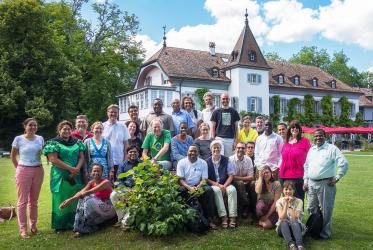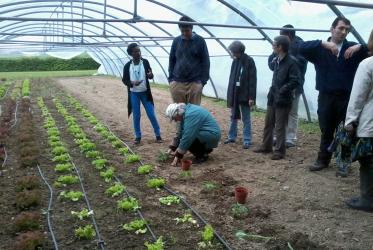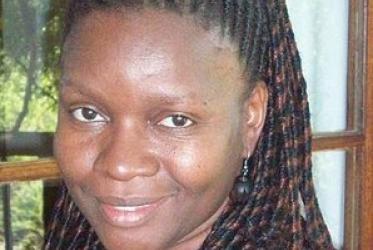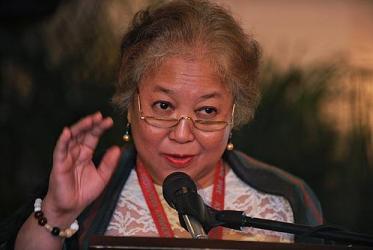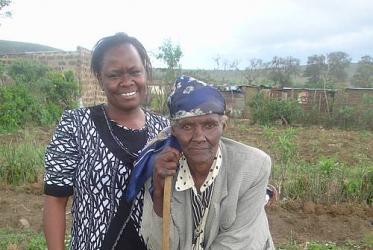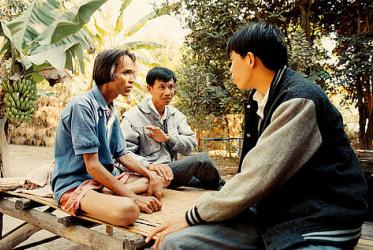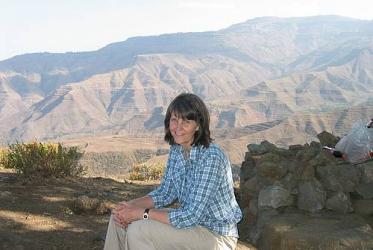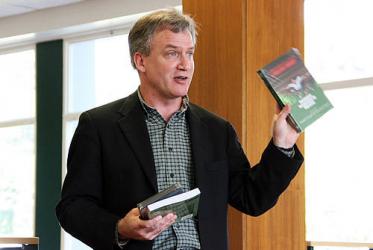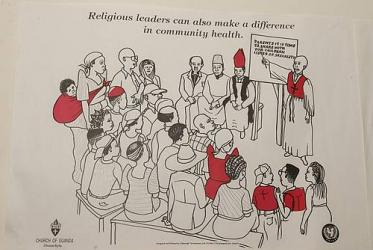Displaying 121 - 140 of 155
Addressing ecology, theology and justice in practice
01 July 2014
Living with God in the context of HIV and AIDS
27 February 2013
Churches on the move amidst changing landscapes
26 March 2012
CWME invokes new understanding of mission and evangelism
22 March 2012
Responding to HIV with faith and courage
23 January 2012
Fighting ignorance, fear and stigma through Bible study
09 December 2011
Accelerating the church's response to HIV
11 October 2011
WCC's HIV work reaches quarter-century mark
30 June 2011
Building AIDS-competent churches in Southern Africa
23 June 2011
Migration and theological method
09 March 2011
Books key to the battle against HIV and AIDS in Africa
23 February 2011
Christians are "called to care for creation"
11 August 2010
